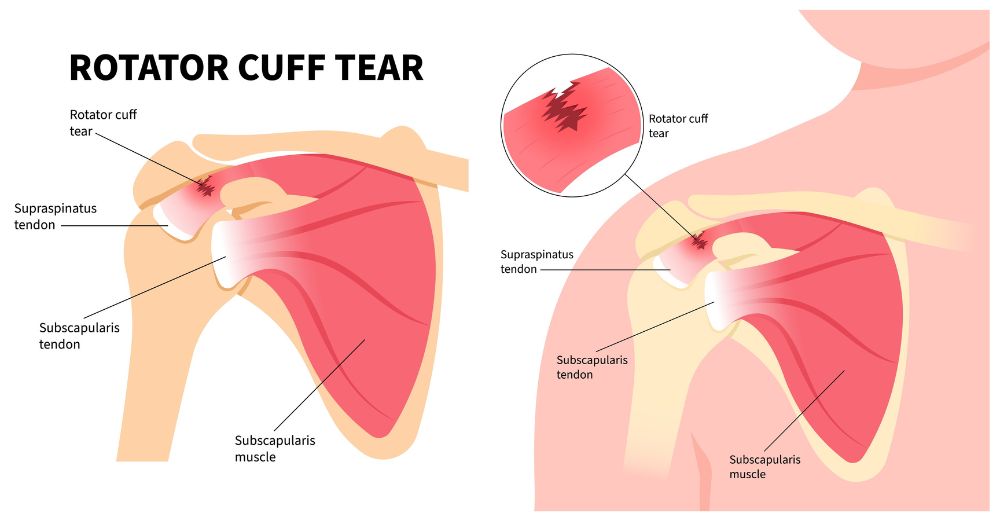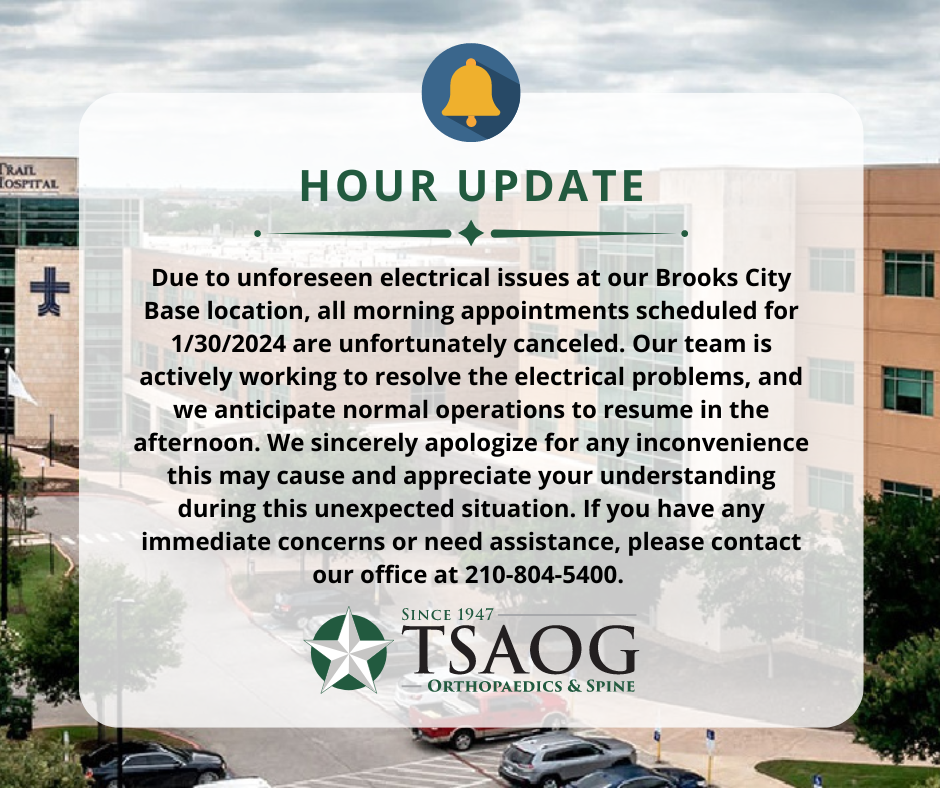Orthopedic doctors play a crucial role in diagnosing, treating, and providing comprehensive care to patients with issues related to the musculoskeletal system. They specialize in the intricate mechanics of bones, joints, muscles, ligaments, and tendons to bring expertise and precision to enhance mobility and restore health. Let’s delve into the essential aspects of an orthopedic doctor’s practice, including what they see, treat, and how they can help patients.
What is an Orthopedic Doctor?
Orthopedic doctors are trained to diagnose and evaluate various musculoskeletal conditions and injuries. Patients seek their expertise when they experience persistent pain, discomfort, or limitations in their mobility. Orthopedic doctors conduct thorough medical assessments, considering the patient’s medical history, conducting physical examinations, and utilizing advanced imaging techniques such as X-rays, MRI scans, or CT scans. This comprehensive approach aids in identifying the root causes of the patient’s symptoms and facilitates appropriate treatment planning.
Are Orthopedic Doctors and Orthopedic Surgeons the Same?
In cases where non-surgical approaches are insufficient or ineffective, orthopedic doctors may recommend surgical interventions by an orthopedic surgeon. They are skilled in performing various surgical procedures tailored to specific conditions and injuries. These may include joint replacements, arthroscopic surgeries, spine surgeries, fracture repairs, ligament reconstruction, and tendon repairs. Orthopedic surgeons utilize advanced techniques, such as minimally invasive procedures, to minimize scarring, reduce recovery time, and optimize outcomes.
What do Orthopedic Doctors Do?
Orthopedic doctors employ various treatment modalities to address musculoskeletal conditions and injuries. They tailor their approach to each patient’s specific needs, considering factors such as age, activity level, overall health, and the severity of the condition. Non-surgical treatments may include medication, physical therapy, exercise regimens, lifestyle modifications, and assistive devices or orthotics. These conservative methods aim to alleviate pain, restore function, and improve overall well-being.
Sports medicine is another area that orthopedic doctors often specialize in. They have an in-depth understanding of sports-related injuries and the unique demands placed on the musculoskeletal system. From sprains, strains, and fractures to more complex conditions like ligament tears or cartilage damage, orthopedic doctors play a crucial role in diagnosing and treating these injuries. They aim to provide prompt and effective treatment and help athletes rehabilitate and regain peak performance levels.
Orthopedic doctors emphasize collaborative care and often work alongside physical therapists, rehabilitation specialists, and other healthcare professionals. This multidisciplinary approach ensures comprehensive and integrated treatment plans for patients. By addressing not only the physical aspects but also the psychological and emotional well-being of patients, orthopedic doctors provide holistic care that fosters long-term recovery and improved quality of life.
What is an Orthopedic Surgeon?
Orthopedic surgeons specialize in surgical techniques to help treat musculoskeletal problems for their patients. Some of the main procedures they perform include joint replacement surgeries, arthroscopic surgeries, spinal surgeries, fracture repair surgeries, and soft tissue repair surgeries.
What do Orthopedic Surgeons Do?
Orthopedic surgeons are skilled in evaluating and diagnosing musculoskeletal conditions, such as fractures, sprains, strains, and sports injuries. They use various diagnostic techniques, including medical history evaluation, physical examinations, and imaging studies such as X-rays, MRI scans, or CT scans, to determine the nature and extent of the problem.
In addition to non-surgical treatment options like medication, physical therapy, and rehabilitation, orthopedic surgeons are trained to perform surgical procedures when necessary. These may include joint replacements, arthroscopic surgeries, spinal surgeries, fracture fixation, ligament repair, and other corrective procedures.
Orthopedic surgeons work closely with patients to develop personalized treatment plans based on their specific needs, considering factors like age, activity level, overall health, and the severity of the condition. They aim to alleviate pain, restore function, improve mobility, and enhance the overall quality of life for their patients. While orthopedic surgeons are highly skilled in surgical interventions, they also explore non-surgical approaches before considering surgery. Orthopedic surgeons collaborate with healthcare professionals, such as physical therapists, to provide comprehensive care and optimize patient outcomes.
Education & Training for Orthopedic Doctors and Surgeons
Orthopedic surgeons undergo extensive education and training, typically completing four years of medical school after obtaining an undergraduate degree. During this time, they learn about medical procedures and how to diagnose patients properly. Orthopedic doctors and surgeons can get a Doctor of Medicine (M.D.) or an Osteopathic Medicine (D.O.). After medical school, orthopedic doctors and surgeons begin their residency, where they decide what specialty of orthopedics they go into. Orthopedic doctors and surgeons can also receive a Board Certification if they meet the standards and pass the necessary tests.
When should you consult an orthopedic doctor?
You should consider consulting with an orthopedic doctor if you have chronic pain, reduced range of motion, back and neck pain, or sports-related injuries. If you have difficulty performing daily activities due to limited mobility or functionality, an orthopedic doctor can help assess the problem and recommend therapeutic interventions or surgical procedures. Injuries resulting from sports activities or accidents that affect the musculoskeletal system should also prompt a consultation with an orthopedic specialist. Additionally, individuals with arthritis, osteoporosis, or tendonitis should regularly visit an orthopedic doctor to manage their condition and minimize potential complications. Consulting an orthopedic doctor ensures timely diagnosis, effective treatment, and personalized care to help restore mobility, alleviate pain, and enhance overall musculoskeletal health.
Looking for a Orthopedic Specialist in the San Antonio, TX Area?















